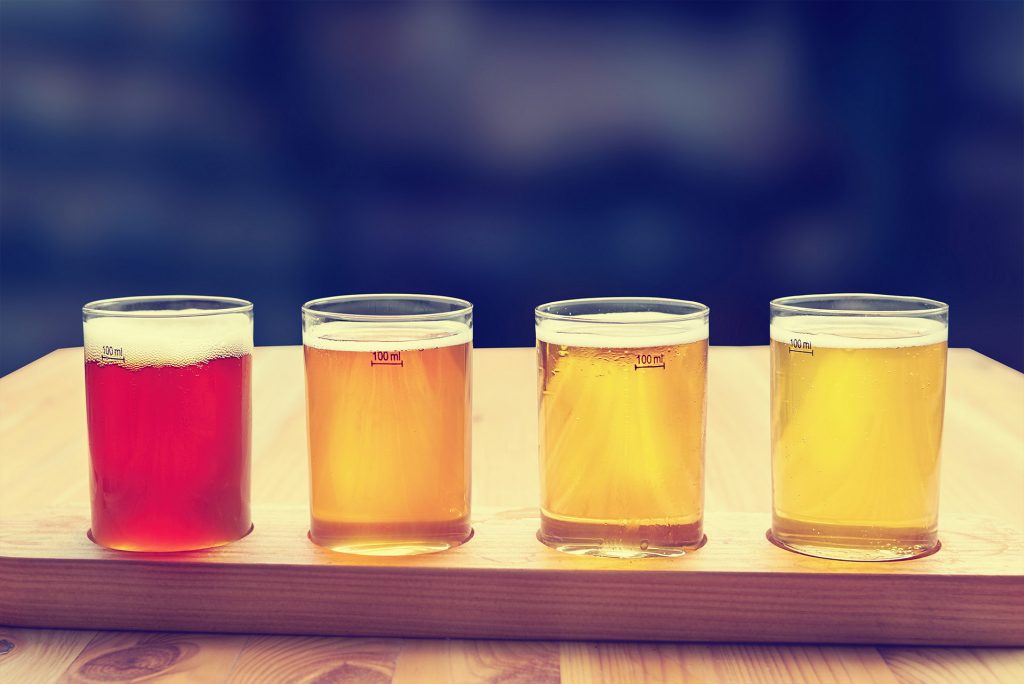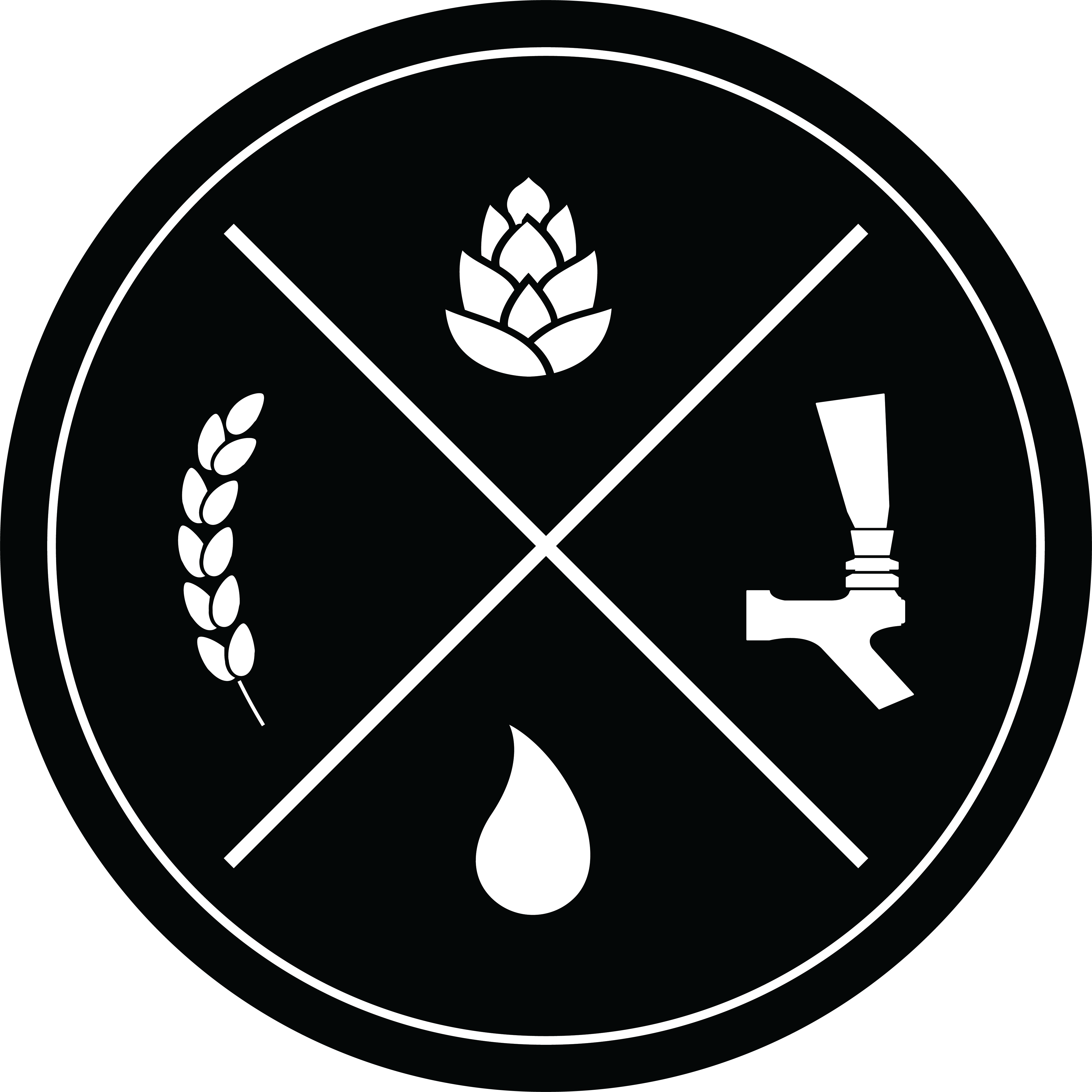Thinking about becoming a beer judge?

There are a myriad of reasons for one decide they would like to become a beer judge. Some may wish to judge beer competitions, others may want to enhance their sensory perception in their own brewing, while others may look at it as an education opportunity to learn about beer styles and historical brewing practices. An often overlooked benefit to becoming a judge is that the process may benefit your own beer. By studying the causes of off-flavors and the ways to prevent them via adapting your brewing techniques, you may find that your own beer is greatly enhanced.
The most well-known judge certification program is the BJCP- the Beer Judge Certification Program. While “beer” is one of the names of the program, this organization also has guidelines for cider and mead. The main objective of the BJCP is to provide a standardized program to train beer judges, providing education, appreciation and knowledge of the world’s beer styles. They have many sanctioned competitions world-wide and entering a competition is a great way to get impartial feedback on your brew.
Even if you don’t actually become a registered judge, the process of preparing to take the exam can be very valuable to you in tasting and brewing your own beer. Whatever the reasons for wanting to become a beer judge, the process is fairly straightforward. With the BJCP, the first step is to learn about beer styles, and begin tasting beer. That sounds easy, and it is! Instead of simply drinking a beer, begin actually tasting it. The idea is to evaluate this beer fully. Start by pouring and simply trying to enjoy the aroma. What do you smell? Consider the mouthfeel, and the flavors you detect. Even if you don’t have the exact words, try to label the flavor and the sensation. Is it smooth/harsh/thin? Does the flavor remind you of breadcrusts, or toast? Is it grainy? Do you notice citrus notes? Is it sweet in the finish? Fully experience each swallow, and then compare the differences you note as you finish the beer. To help with this, the BJCP has a list of style guidelines for each named beer style, so that you can read about a Munich dunkel while you drink one, to learn some of the words associated with that style.
(See the BJCP guidelines here: https://www.bjcp.org/docs/2015_Guidelines_Beer.pdf). For example, a Munich dunkel is “bready-toasty” and may have hints of chocolate or caramel. As you sip, concentrate on the flavor and note these words that come to mind. This sensory analysis is made easier if you have a homebrew club with chances for sensory perception training, as others with experience can help with the words for the flavors that you may perceive.
Once you read the style guidelines for your chosen beer, read them again! Understand the beer for the style, so that your expectations of that beer match the description of that style. Note the aroma changes as the beer sits in front of you. Hold it up to the light and notice color, clarity and foam. Does the head linger or fade quickly? As you name the flavors and aromas you perceive, also note the depth/strength of them. Once the more prominent notes fade, try to pick up the more subtle nuances and name them as well. Take note of the hops, the flavor of the malt, any yeast flavors imparted, the amount of sweetness, and the finish as you swallow. Notice any flaws or off-flavors.. All of these add up to the impression and enjoyment of the beer, and make the difference between a “good beer” and an “excellent beer” from a judging standpoint.
The BJCP scoresheet has sections on aroma, flavor, mouthfeel, appearance, and impression as well as some definitions of some of the common off-flavors, so if you can print out a blank scoresheet and look at it as you sip, this can be very helpful. Practice judging a beer with the scoresheet, as that will help you analyze the separate components: https://www.bjcp.org/docs/SCP_BeerScoreSheet.pdf
It is helpful to utilize aids in your study- for example, books discussing different beer styles, the BJCP study guide, internet sites about beer tasting, and also looking into brewing techniques and the common off-flavors that can arise from fermentation mistakes and brewing flaws. A local homebrew club or online club can be extremely helpful in this process, as when you taste a beer with a flavor that isn’t familiar, someone can help you name it. If you’ve never been told that a “phenol” is clove-like or medicinal, or that an “ester” can be fruity like bananas, it’s hard to recognize those on your own. That said, it is possible to do self-study and with plenty of tasting and reading, you can definitely become a beer judge without a single class or meeting.
Educational aids such as off-flavor flash cards, off-flavor kits (to doctor commercial beers to recognize off-flavors), a beer color wheel, books on recipe formulation and BJCP materials are readily available to assist your journey.
If there is a beer competition in your area, volunteering to steward the exam can be a huge step towards becoming a beer judge yourself. You will be privy to the methods and paperwork that is used in the judging, hear the judges’ discussion of the beer and the scoring process. Usually you will get a pour also to follow along. Judges love to help newcomers learn to become beer judges as well, and will usually answer any questions you may have.
The BJCP’s Study Guide was created to help you become a beer judge. See it here: https://www.bjcp.org/docs/BJCP_Study_Guide.pdf. Once you feel comfortable with your knowledge, they have a practice self-test to simulate the online exam. When you are ready to take the real online exam, the cost for each test or retest is $10. The exam is based on the questions in the Study Guide, and is a pass/fail exam. To take a practice test or the exam, visit the BJCP’s online exam site here: https://bjcp.coursewebs.com/cart/pageCatalog.aspx.
There are also cider and mead online exams available. Once you pass this online exam, you are a provisional judge and then you can be scheduled for a tasting exam to become a registered judge. Currently, due to social distancing and meeting restrictions, there are fewer exams scheduled but you do have plenty of time to take the exam as one becomes available to you. There is an exam calendar on the BJCP site, and you can sign up online.
Preparing to be a beer judge does take time and dedication (and of course, plenty of beer to drink!) and is a worthwhile endeavor. You will enhance your sensory perception, learn to be an impartial critic of your own beers, enjoy learning about historical beers and their genesis, have beer education opportunities, spend time with like-minded beer lovers while studying or judging, and have a broad knowledge of brewing and beer styles. Because of this, the process of learning to judge beer usually leads to being a better brewer in the end.

